Model Exchange and Development of Nursing and Engineering Technologies
- Customizable STL files for 3D printing medical models
- Step-by-step casting guides for creating training pads
- Computer simulations of internal devices like chemo ports and Zephyr valves
- Photo documentation and continual development of new models (e.g., heart with septal defects, lumbar puncture simulators, mass casualty wound sets)
What is MEDNET?
Training Tomorrow’s Nurses Today: 3D Models & Simulation-Based Education
The Systems Management and Production Center and the College of Nursing at the University of Alabama in Huntsville have partnered to develop an innovative, hands-on training program for nursing students using 3D-printed anatomical models and silicone-cast simulation devices.
The success of these efforts has led to the creation of the Model Exchange & Development of Nursing & Engineering Technologies (MEDNET)—a scalable initiative that connects university research resources with a network of county technical schools and other healthcare organizations. Under the MEDNET framework, the SMAP Center oversees model development, hosting, and technical support, while the College of Nursing validates the models, identifies biomedical priorities, and mentors participating students.
All models and casting instructions are freely available for non-commercial use. The project has been used in nursing classrooms, medical centers, and simulation labs—including collaborations with Crestwood Medical Center and Vanderbilt University Medical Center
Since 2020, this interdisciplinary initiative has created over 40 models to support skills development with trainers such as IV pads, wounds, suture pads, catheterization trainers, tracheotomy care, and biopsy pads. Using advanced 3D printing and silicone casting techniques (notably with Smooth-On Dragon Skin), models are produced in-house, allowing for low-cost, highly realistic training tools. Students are also actively involved in design, fabrication, and testing—gaining real-world engineering and healthcare experience.
The full library includes:
Background
For almost 10 years, the SMAP Center has partnered closely with the College of Nursing to develop and manufacture realistic training models that enhance nursing education and skills development. By engaging undergraduate engineering students, the SMAP Center utilizes 3D printing and injection molding to produce a diverse range of anatomical simulators and medical training tools. This collaboration has resulted in significant cost savings and improved training resources for nursing faculty and students, while simultaneously providing practical, industry-relevant experience to future engineers.
During the COVID-19 pandemic, the partnership quickly adapted to address critical healthcare shortages. The SMAP Center produced and distributed face shields, mask straps, and intubation boxes using additive manufacturing technologies. With logistical coordination from the College of Nursing, these essential supplies were delivered to local hospitals and medical centers. All production followed strict safety protocols, with each manufacturing step performed individually to minimize exposure risk.
MEDNET’s impact reaches far beyond emergency preparedness. With minimal financial investment—leveraging tools already available in most technical and K-12 schools—the program supports emergency responder training, strengthens nursing education, and fosters STEM workforce development. The initiative is a model of interdisciplinary collaboration, merging healthcare, engineering, and education to deliver scalable, affordable training solutions.
One of the primary goals of MEDNET is for local technical schools to contribute by fabricating models using their existing equipment—including 3D printers and injection molding systems—creating a decentralized production and distribution network that serves their surrounding communities. All models developed through MEDNET are made freely available via the SMAP website, with no cost to community partners or stakeholders.
Through this partnership, MEDNET has evolved into a global-ready platform for delivering cost-effective nursing training aids. By enabling high school students to work with the same advanced training devices used at colleges and universities, the program not only enhances hands-on learning but also expands opportunities for early exposure to medical and engineering career paths.
Nurse Training Aid Events
Hands-On Educator Training in Medical Simulation Casting
Health science and engineering educators participate in a hands-on training experience focused on fabricating medical simulation models. Facilitated by the SMAP Center team, the training introduces participants to casting techniques using Dragon Skin material. Dragon Skin is commonly used to replicate human tissue for medical education.
Educators begin with an overview of previously developed models and simulators. They then tour the production labs to see how these training tools are designed and manufactured. The core of the event features interactive casting sessions where participants learn to pour and cure molds for various models, including suture pads, needle injection pads, and baby foot models. Throughout the sessions, participants explore practical applications of these tools in their own classrooms—ranging from biomedical education to engineering principles like chemical mixing and materials science. They also engage in a tour of the College of Nursing Simulation & Learning Innovation Center. At the end of the training event, the educators leave with a kit containing the models they created, along with additional training aids for future classroom use.


